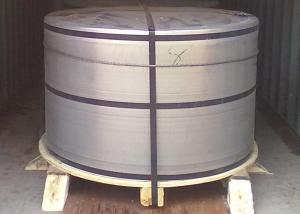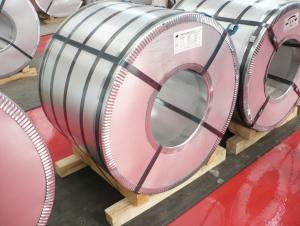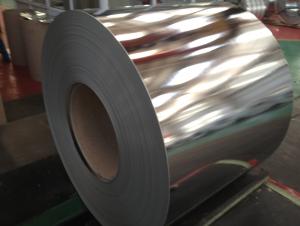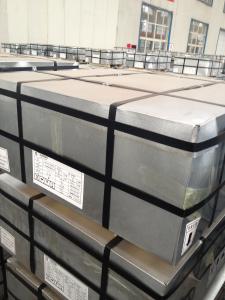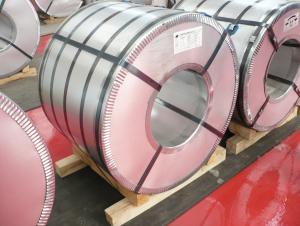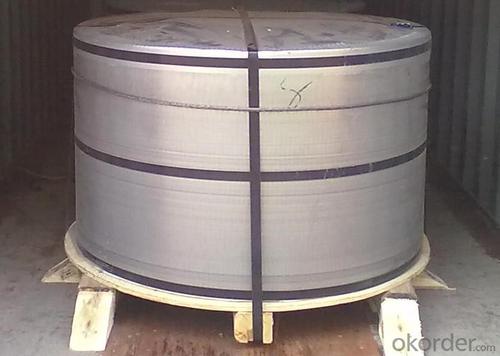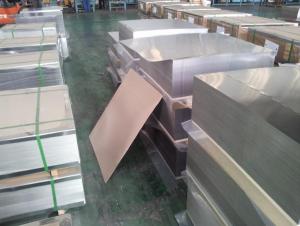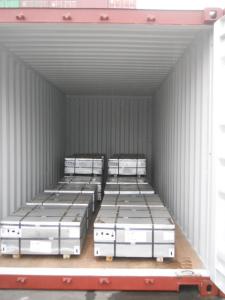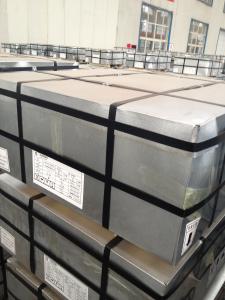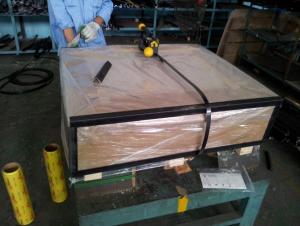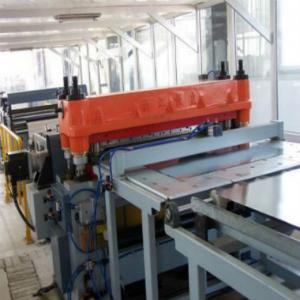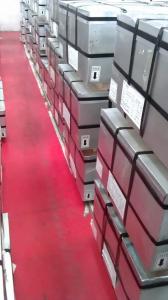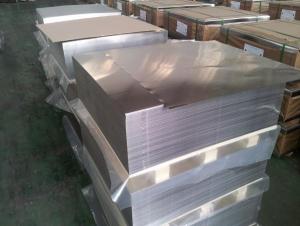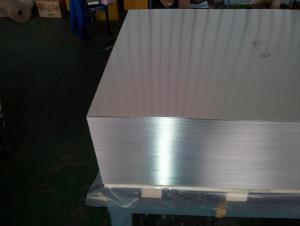Egypt Use Tinplate For Chemical Use-CHBA
- Loading Port:
- Tianjin
- Payment Terms:
- TT/LC
- Min Order Qty:
- 20 Tons~ 25 Tons m.t.
- Supply Capability:
- 40000 MT Per Month m.t./month
OKorder Service Pledge
OKorder Financial Service
You Might Also Like
Tinplate is widely used for making all types of containers such as artistic cans, tea cans, painting cans, chemical package cans and metal printing etc. Its applications are not limited to containers; recently, tinplate has also been used for making electrical machinery parts and many other products.
General information of Tinplate For Chemical Can
Steel Type | SPCC |
Temper (BA&CA) | T1~T5, DR8 |
Coating | 2.8~8.4g/m2 |
Thickness & Tolerance | 0.15~0.5mm (Tolerance:±0.01mm) |
Width & Tolerance | 600~1000 mm(Tolerance: +2/-0mm) |
I.D | 508 MM |
Coil Weight | 3~10 MT |
Passivation | 311 |
Oiling | DOS |
Surface Finish | Bright ,Stone ,Silver ,Matte |
Min Order | 25 Tons for 1 20 feet FCL |
Package | Seaworthy Export Standard Wooden Pallet |
Standard Available | GB/T2520-2000, JIS G3303, ASTM A623, BS EN10202 |
Lead Time | 35 days after receiving buyer's original L/C or Prepayment |
Special specifications are available on customers' requirements. | |
Technical data of Tinplate For Chemical Can
Chemical Composition(%) | Mechanical Property |
C:0.04~0.06 | Yield Strength: (Mpa):280~320 |
Si:0.01~0.03 | TensileStrength: (Mpa):340~390 |
Mn:0.18~0.22 | Elongation:20%~30% |
P:0.014~0.016 | ------------- |
S:0.006~0.009 |
Equipment and Facility
Tin Coating Line
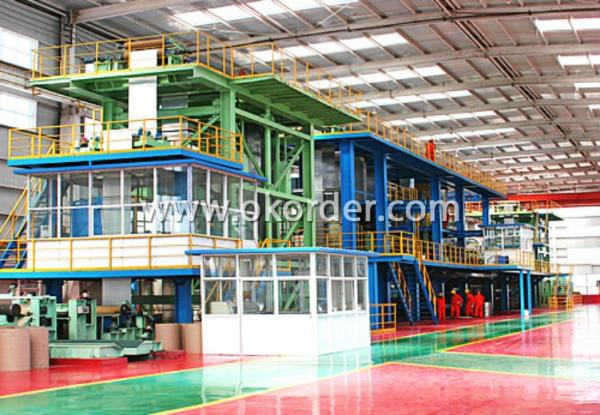
Cold Rolling Mill Batch Annealing Furnaces
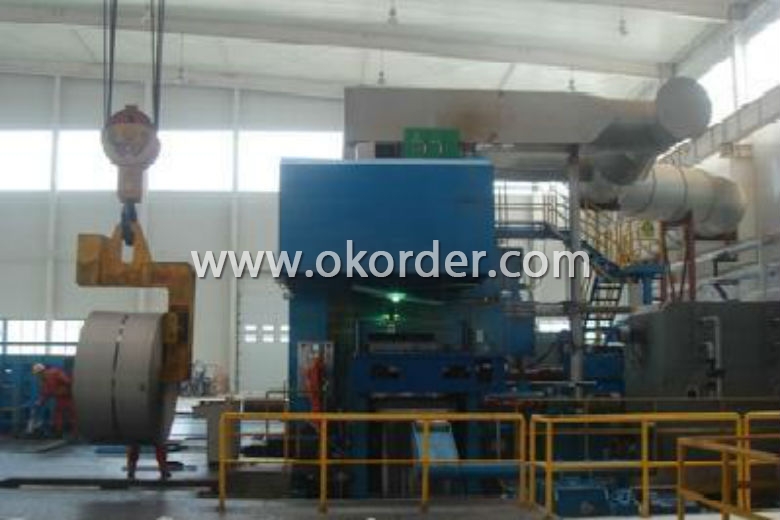
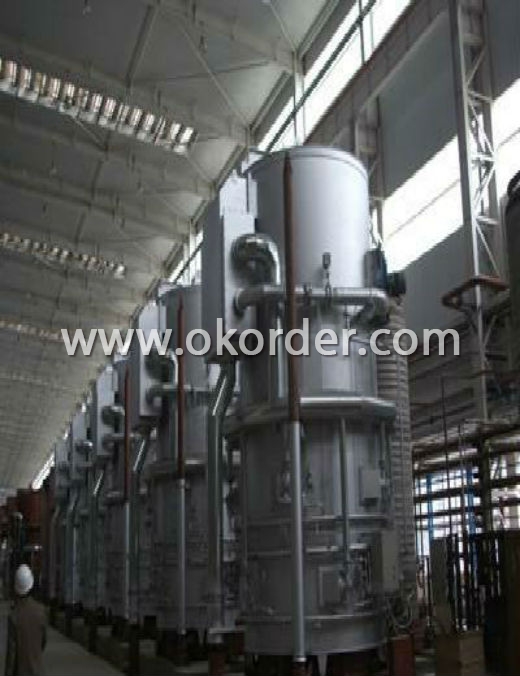
Cutting Line Stock Area
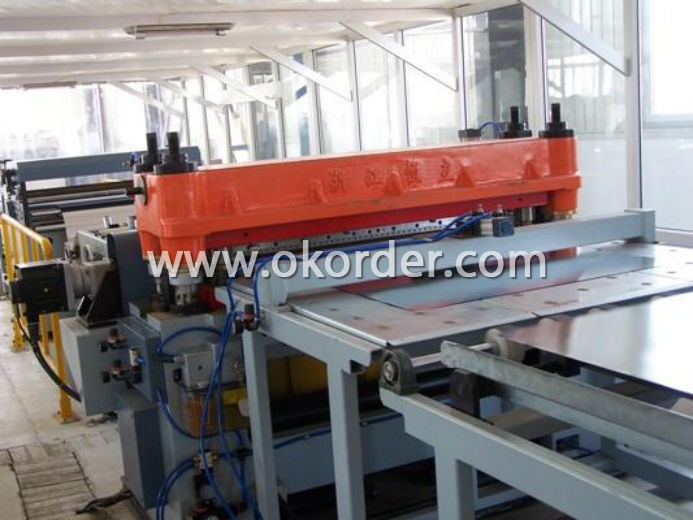
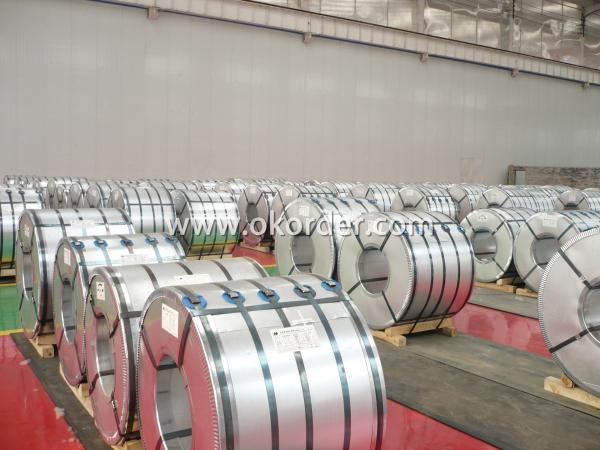
Quantity Control System
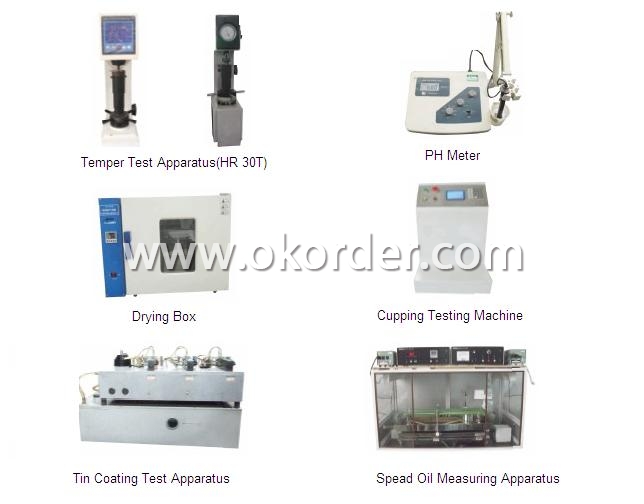
- Q: What are the main properties of tinplate?
- Tinplate is a type of steel coated with a thin layer of tin, providing it with several key properties. It is highly corrosion-resistant, making it suitable for packaging food and beverages. It also has excellent solderability, allowing for easy joining and sealing of tinplate cans. Additionally, tinplate has good formability, enabling it to be shaped into various container forms. Lastly, its aesthetic appeal and the ability to print on its surface make it an ideal choice for attractive packaging designs.
- Q: What industries commonly use tinplate?
- The industries that commonly use tinplate include food and beverage packaging, cosmetics, pharmaceuticals, automotive, and electronics.
- Q: How does tinplate perform in terms of light protection?
- Tinplate offers excellent light protection due to its opaque and reflective nature, effectively blocking out light and preventing its transmission through the material.
- Q: What are the different types of tinplate cans available?
- There are several different types of tinplate cans available, including food cans, beverage cans, aerosol cans, paint cans, and general packaging cans.
- Q: What are the main challenges in tinplate inventory management?
- The main challenges in tinplate inventory management include accurately forecasting demand, optimizing stock levels to avoid stockouts or excess inventory, managing the shelf life of tinplate products, coordinating with suppliers to ensure timely deliveries, and effectively tracking and organizing multiple SKUs and variants of tinplate products. Additionally, ensuring proper storage conditions and minimizing damages or wastage during handling and transportation are also significant challenges in tinplate inventory management.
- Q: What are the limitations of printing on tinplate?
- There are several limitations to printing on tinplate. Firstly, tinplate is a relatively rigid material, making it difficult to print on curved surfaces or complex shapes. Additionally, the smoothness of the tinplate surface can pose challenges for adhesion and ink absorption, which may result in poor print quality or color accuracy. Furthermore, the printing process on tinplate is often limited to a single color or a limited color palette, which can restrict the design options and creativity. Lastly, the durability of the printed design on tinplate may be compromised over time due to exposure to external factors such as moisture, heat, or scratching.
- Q: Why tin printing after a layer of light oil
- The performance of tin light oil to complete all printing tin printing, to cover a layer of light oil, to increase the printing surface gloss and anti scratch performance, but also increase a certain hardness, the printing surface coating has certain flexibility and corrosion resistance.
- Q: How does tinplate impact the overall product safety?
- Tinplate plays a crucial role in ensuring the overall product safety. Its corrosion-resistant properties provide a protective barrier, preventing contamination and the formation of harmful substances. Tinplate also enhances the product's durability and helps maintain its integrity during transportation and storage. Additionally, tinplate is widely recognized for its food-grade properties, making it a preferred material in packaging food and beverages. Overall, the use of tinplate positively impacts product safety by safeguarding both the contents and consumers from potential risks.
- Q: Does tinplate corrode over time?
- Yes, tinplate can corrode over time.
- Q: How does tinplate compare to other packaging materials in terms of shelf appeal?
- Tinplate stands out among other packaging materials in terms of shelf appeal due to its unique metallic appearance, which adds a sense of premium quality and attractiveness to the product. Its high gloss finish and ability to be printed with vibrant colors and intricate designs make it visually appealing, catching the attention of consumers and stimulating their interest. Additionally, tinplate offers excellent durability and protection, ensuring that the product remains in pristine condition on the shelf, further enhancing its shelf appeal.
1. Manufacturer Overview
| Location | Hebei,China |
| Year Established | 2009 |
| Annual Output Value | Above US$100 Million |
| Main Markets | North America;South America; Eastern Europe Southeast Asia; Africa; Mid East Eastern Asia; Western Europe; Central America Northern Europe; Southern Europe; Domestic Market |
| Company Certifications | HACCP;ISO 9001:2008;ISO 14001:2004 |
2. Manufacturer Certificates
| a) Certification Name | |
| Range | |
| Reference | |
| Validity Period |
3. Manufacturer Capability
| a) Trade Capacity | |
| Nearest Port | Tianjin |
| Export Percentage | 11% - 20% |
| No.of Employees in Trade Department | 6-10 People |
| Language Spoken: | English;Chinese |
| b) Factory Information | |
| Factory Size: | Above 270,000 square meters |
| No. of Production Lines | Above 12 |
| Contract Manufacturing | OEM Service Offered |
| Product Price Range | High;Average |
Send your message to us
Egypt Use Tinplate For Chemical Use-CHBA
- Loading Port:
- Tianjin
- Payment Terms:
- TT/LC
- Min Order Qty:
- 20 Tons~ 25 Tons m.t.
- Supply Capability:
- 40000 MT Per Month m.t./month
OKorder Service Pledge
OKorder Financial Service
Similar products
Hot products
Hot Searches
Related keywords
